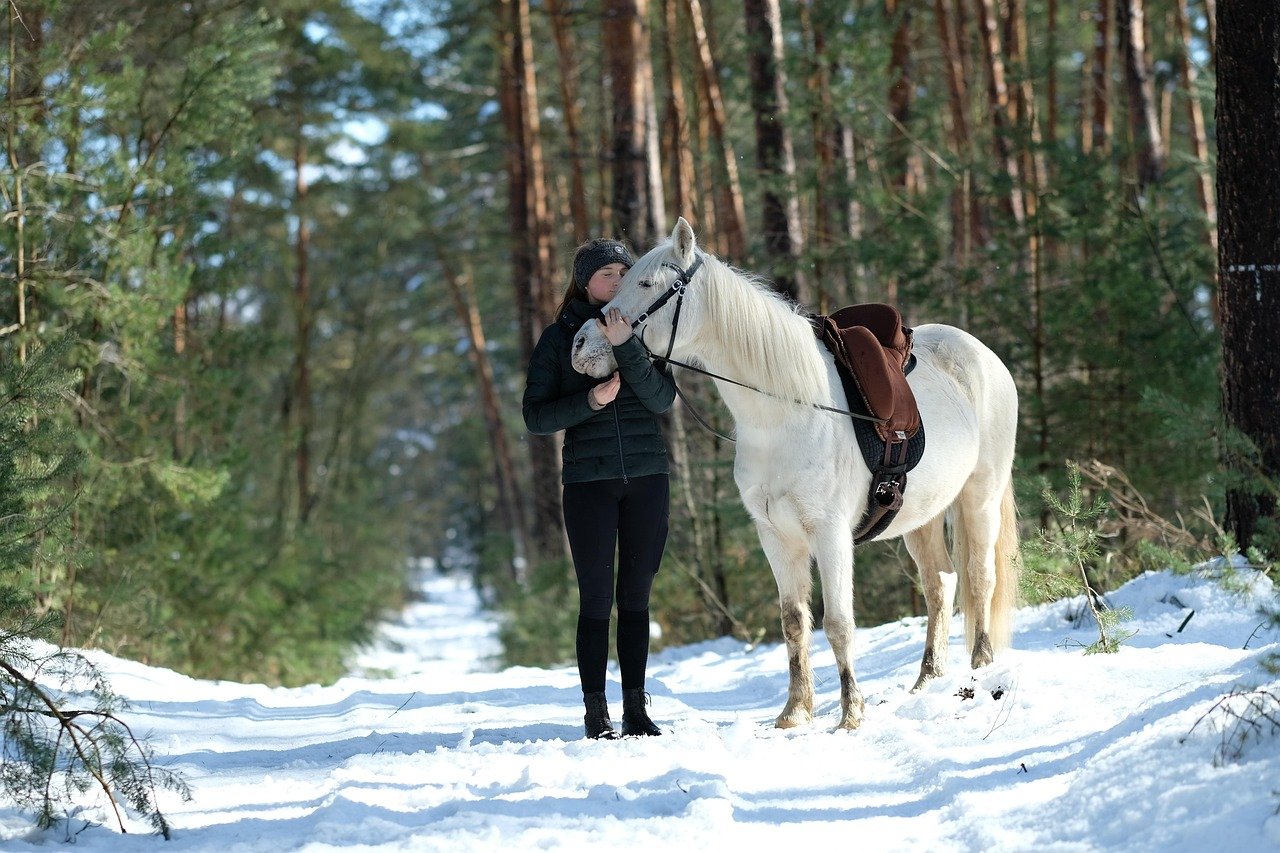Have you ever caught your horse watching you from across the paddock, ears pricked and eyes soft, and wondered, “Am I their favorite person?” For horse lovers, the dream of forming a deep, mutual bond with a horse is one of life’s most heartwarming experiences. Yet, horses don’t exactly send text messages or write love notes—so how do you know if you’ve truly earned that special spot in their heart? Let’s dive into the fascinating and sometimes surprising ways horses show their most cherished humans just how much they care.
Your Horse Greets You Enthusiastically
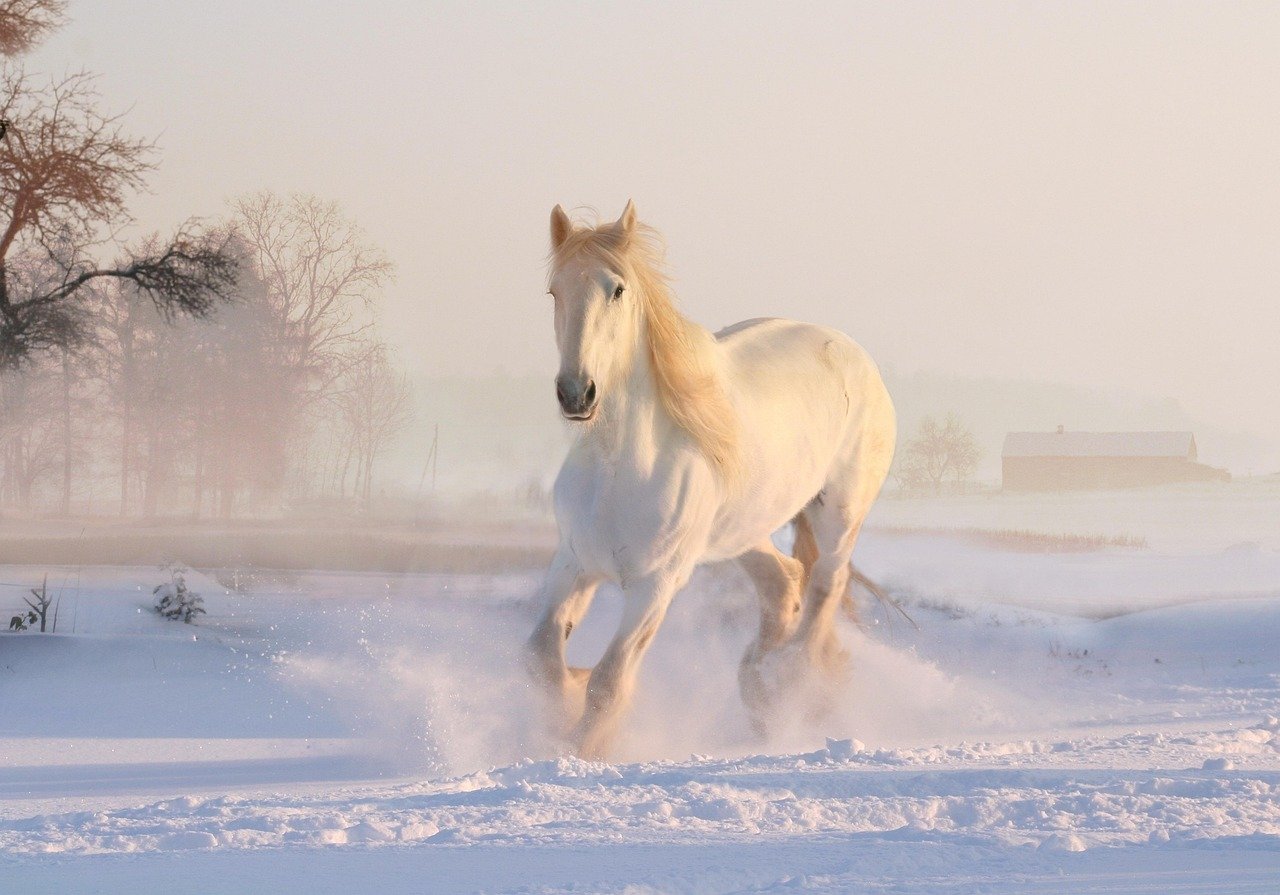
Nothing quite compares to the thrill of seeing your horse trot over to you, mane flying and nostrils flaring with excitement. Horses are sensitive creatures, and they won’t waste their energy approaching someone they don’t trust or feel safe around. If your horse lifts their head, perks their ears, and even lets out a soft nicker the moment you arrive, take it as a sure sign you’re more than just the treat dispenser. This greeting is their way of saying, “I’m happy you’re here!” Horses that have truly bonded with humans often display this eager, welcoming behavior, whether you’re bringing food, a grooming brush, or simply your presence. In a way, you become their comfort zone, the familiar face in a sometimes uncertain world.
They Seek Out Physical Contact
A horse that nuzzles your shoulder, rests their head on your chest, or follows you around the pasture isn’t just looking for snacks. These gentle gestures are the horse’s version of a hug or a friendly nudge. Horses are naturally tactile animals, and they use touch to communicate trust, affection, and reassurance. If your horse leans into your touch, nudges you softly with their muzzle, or seems to relax when you stroke their neck, it’s a powerful signal of connection. This kind of behavior shows your horse feels safe and content in your presence. Think of it as their way of saying, “You make me feel good.” It’s a moment to savor, and a sign your bond goes beyond the bridle.
Relaxed Body Language When You’re Near
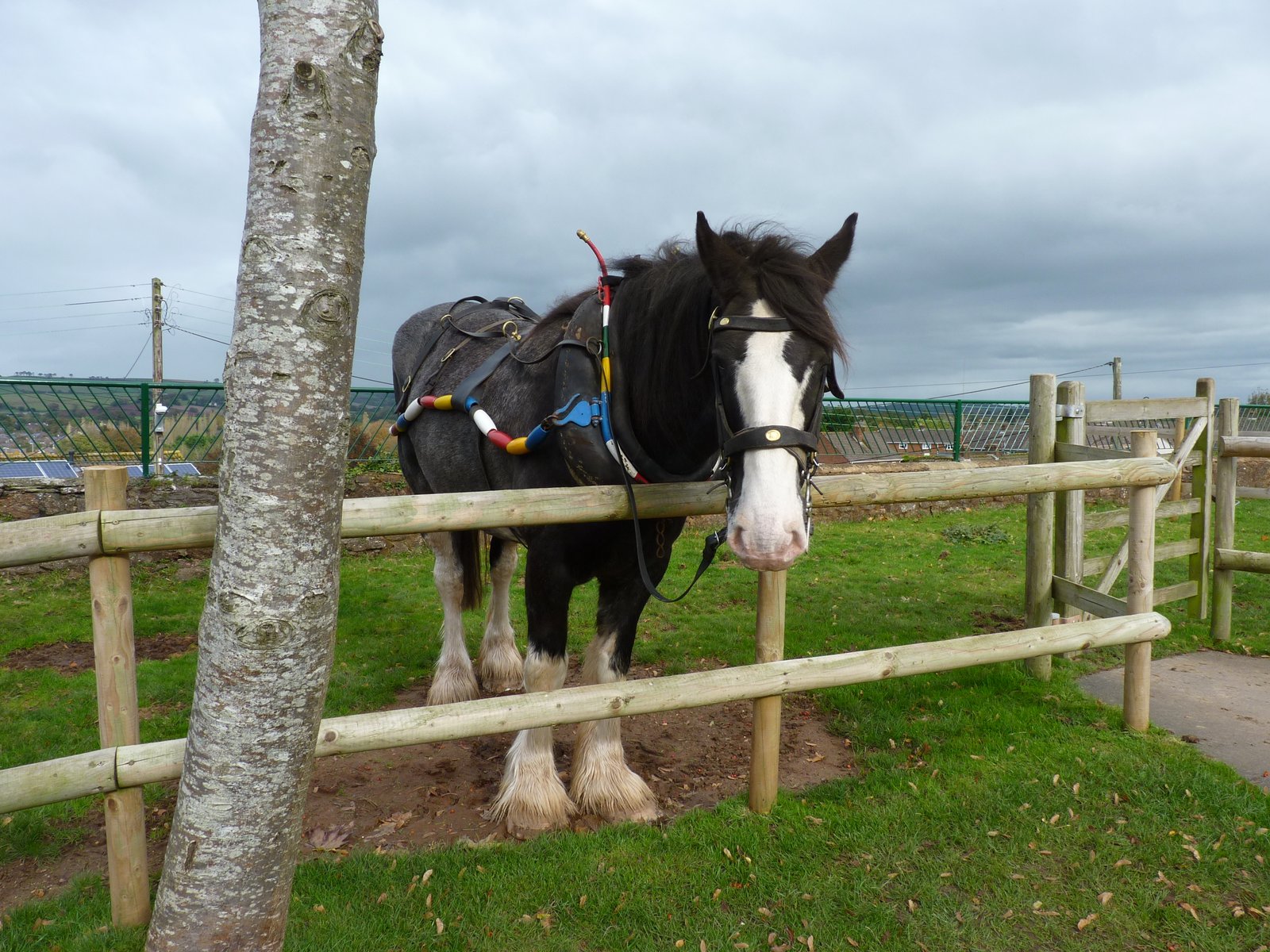
Horses speak volumes with their bodies, much more than with any sound. If your horse drops their head, licks and chews, or sighs deeply when you’re around, you’re witnessing the physical signs of trust and relaxation. A horse that feels tense, pins its ears, or stands rigid is not comfortable. But a horse that stands quietly, perhaps cocking a hind leg and letting their eyelids droop, is telling you they feel utterly at ease. You may even catch them snoozing when you’re in the barn, a sure sign they don’t feel threatened by your presence. This calm, soft body language is as close as a horse gets to saying, “I trust you with my safety.”
They Follow You Without Being Asked
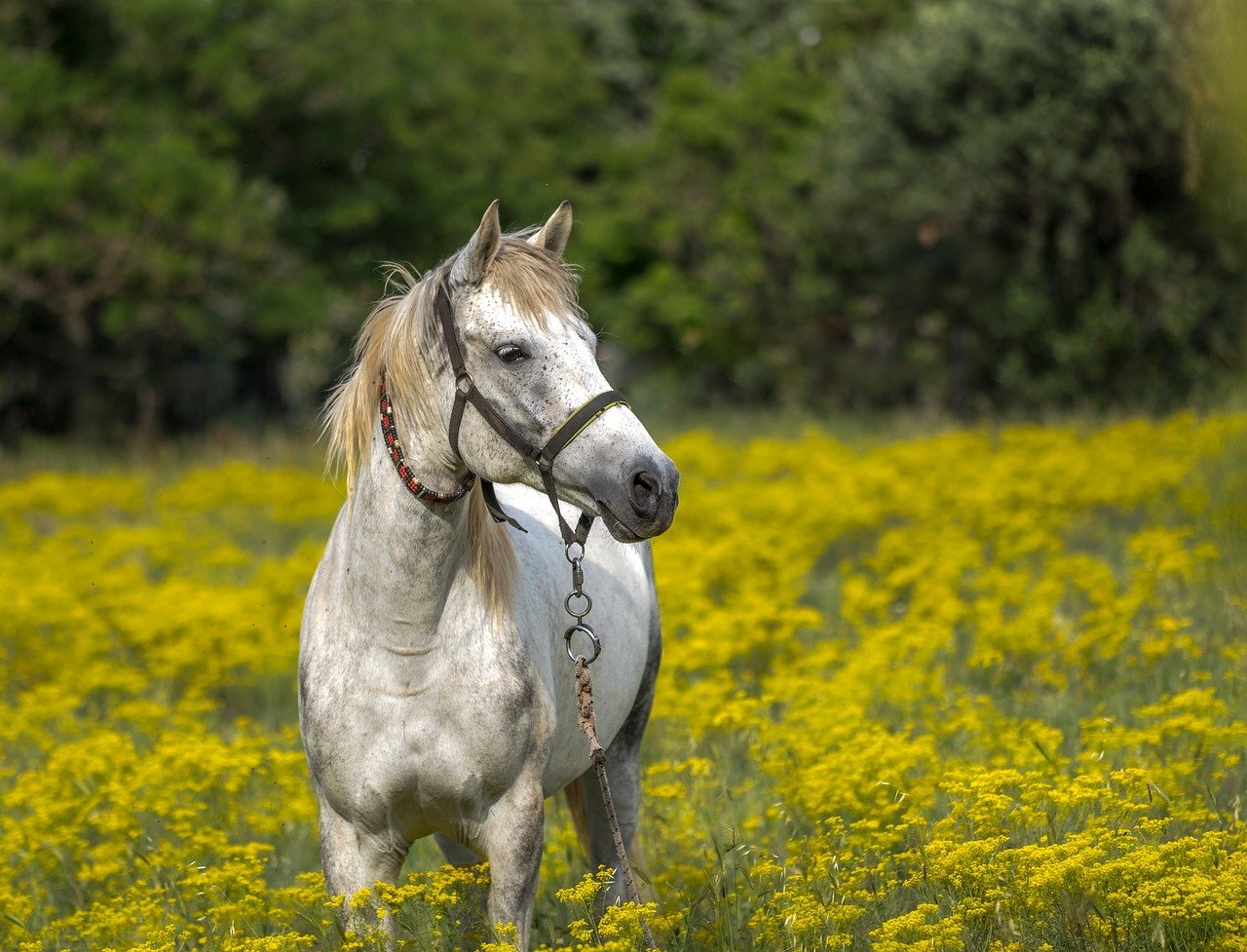
One of the most touching signs of a true bond is when your horse shadows you around the paddock or arena, even when you don’t have a lead rope in hand. This isn’t about chasing after treats or expecting a ride—it’s about companionship. Horses are herd animals by nature, and when they choose to follow a human, it means you’ve earned a spot in their inner circle. You might find your horse quietly trailing behind as you muck stalls, check fences, or wander through the field. This voluntary closeness is a testament to the comfort and trust you’ve built together. It’s their way of saying, “Where you go, I want to be.”
Responds Calmly to Your Voice and Cues
Horses pay close attention to tone, rhythm, and mood in human voices—far more than we often realize. If your horse pricks their ears, turns their head, or visibly relaxes when you speak, it’s a sign they recognize you as someone who brings comfort or clarity. Even better, if your horse responds willingly and softly to your cues—whether it’s a gentle “whoa” or a click of the tongue—it shows they trust your guidance. This response isn’t automatic; it’s earned over time through consistent, positive interaction. A horse that listens keenly to your words and responds with calmness is showing you that your bond goes deeper than just routine.
Shows You Their Vulnerable Side
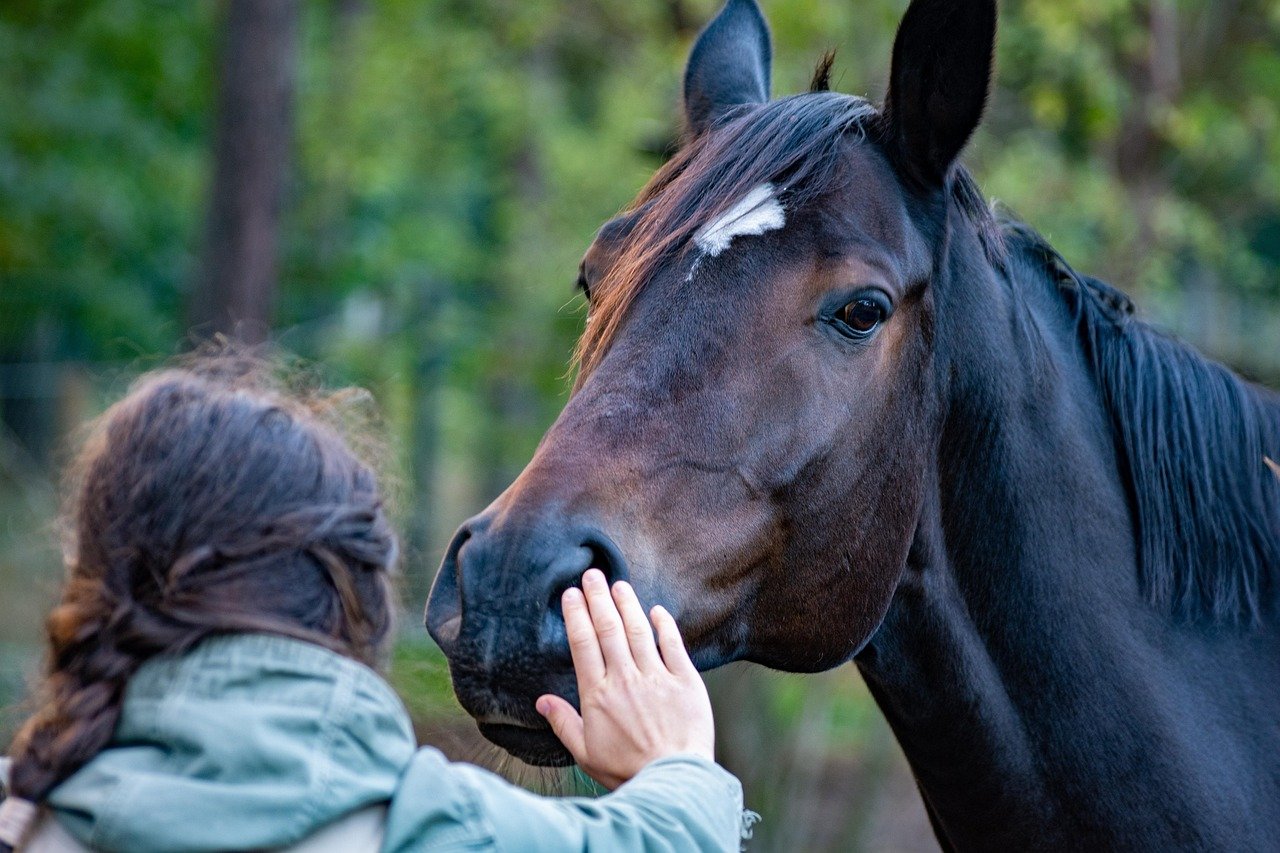
Horses are prey animals, and being vulnerable is not their default mode. So when your horse rolls at your feet, lies down near you, or exposes their belly, it’s a rare and touching compliment. These behaviors mean your horse feels so safe and secure that they’re willing to let their guard down in your company. You might even find your horse dozing while you sit beside them, or allowing you to rub their sensitive ears or belly. These moments are precious—they’re your horse’s way of saying, “I trust you to watch over me.” It’s a level of confidence not given lightly, and a clear sign that you’ve become their trusted human.
They Try to Communicate With You
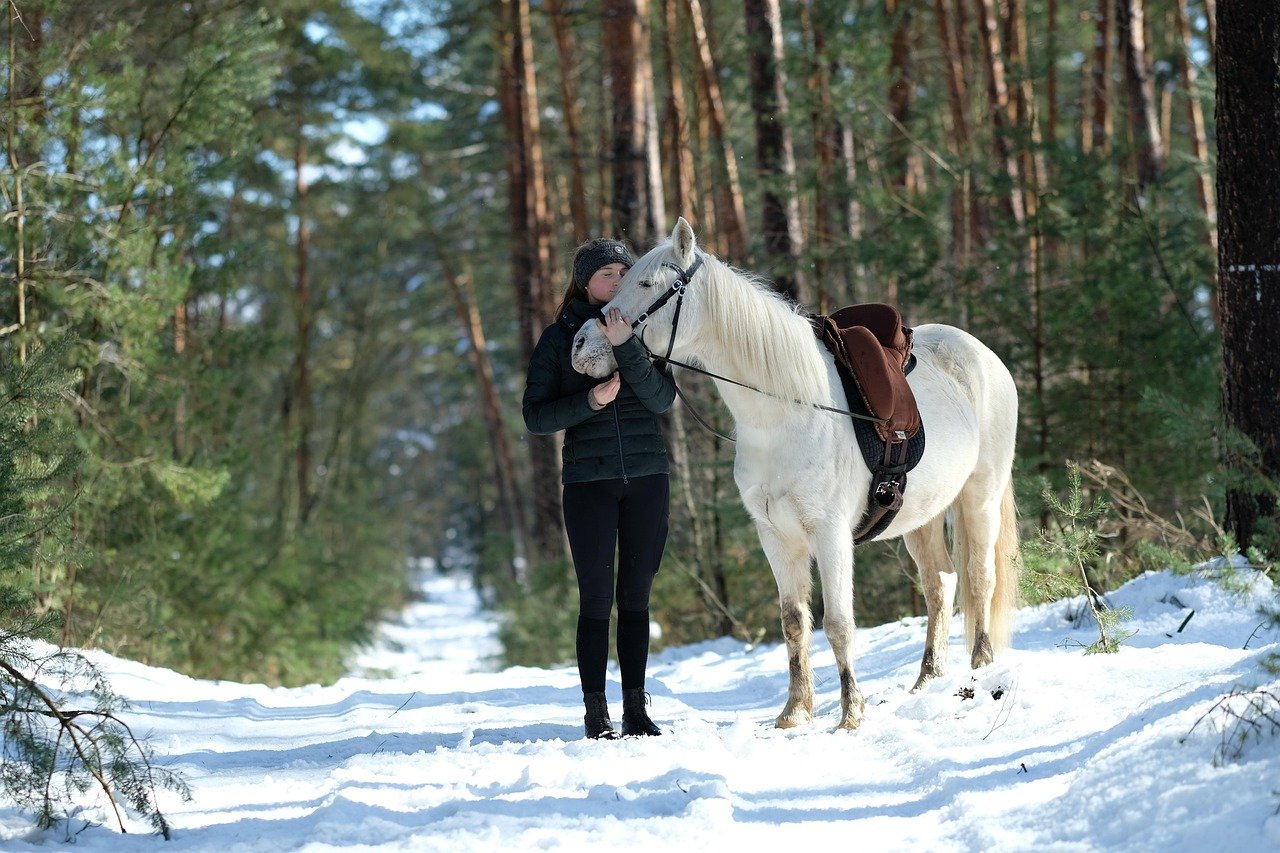
A horse that has truly bonded with you will go out of their way to communicate. Maybe they nudge you toward the tack room when they want to go for a ride, paw at the gate when ready to come in, or even “talk” to you with a soft whicker. Some horses will point their nose toward what they want—a water trough, a patch of clover, or their favorite scratching post—as if to say, “Can we go there?” These attempts at two-way communication show your horse sees you as a partner, not just a caretaker. When your horse seeks to share their world with you, it’s a heartwarming sign that you’re not just any human—you’re their favorite.
When a horse chooses you as their favorite human, it’s not just sweet—it’s something truly special. From following you around to soft whinnies when you show up, those little signs mean you’ve earned their trust. That kind of bond doesn’t happen overnight, but when it does, it’s pure magic. So if your horse is showing those signs, take it as the ultimate compliment—you’ve got a friend for life.

Andrew Alpin from India is the Brand Manager of Doggo digest. Andrew is an experienced content specialist and social media manager with a passion for writing. His forte includes health and wellness, Travel, Animals, and Nature. A nature nomad, Andrew is obsessed with mountains and loves high-altitude trekking. He has been on several Himalayan treks in India including the Everest Base Camp in Nepal.

